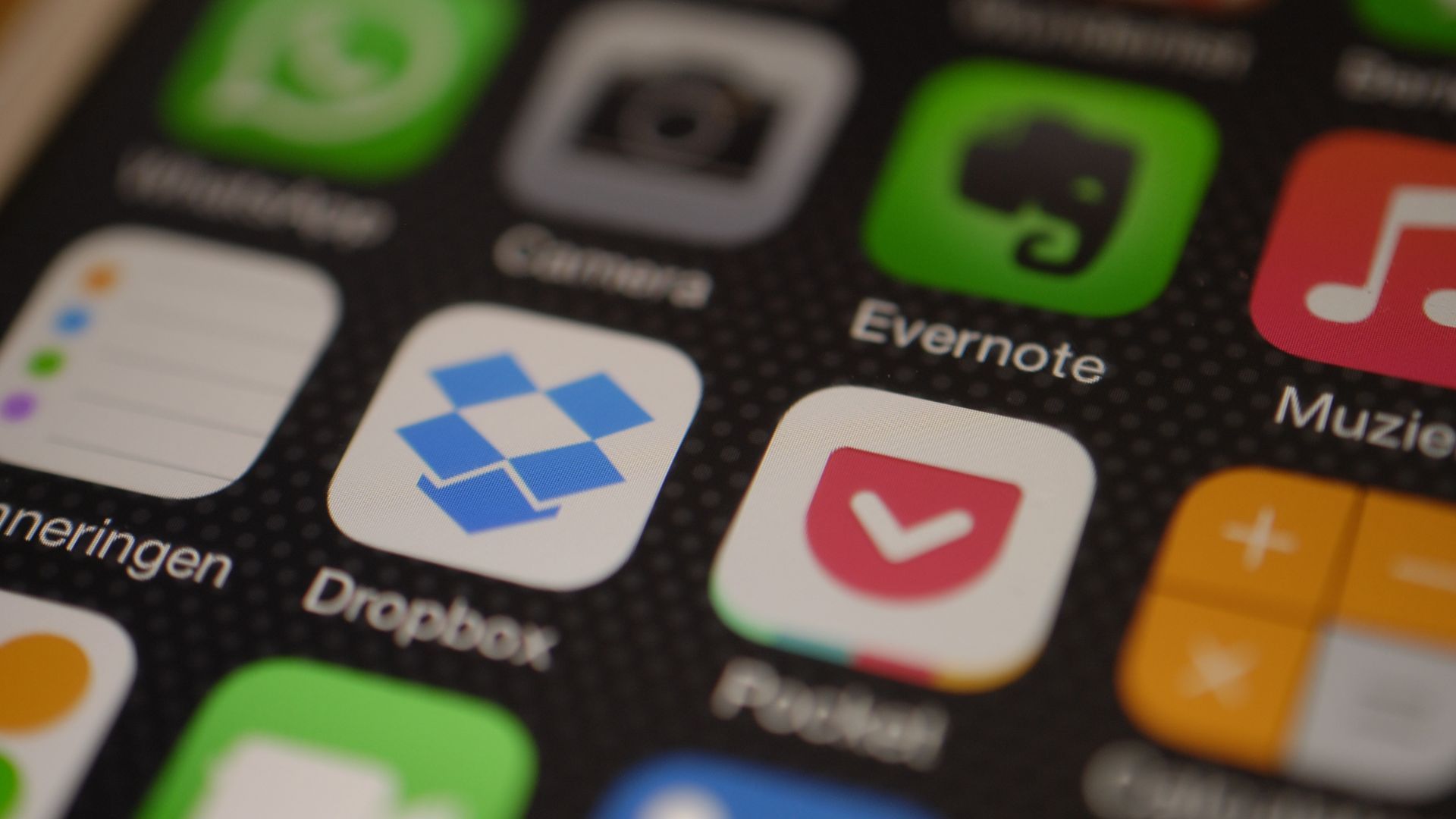
12 Apps That Keep Tracking You Even After Deletion

1. Facebook's Persistent Tracking
Facebook tracks your browsing through embedded pixels and social plugins even after account deletion. This affects your privacy and targeted ads across other sites.
To stop it, use Facebook's off-platform activity settings to clear your history and disconnect future tracking. You'll see fewer targeted ads and better protect your browsing privacy.
Go to Facebook Settings > Your Facebook Information > Off-Facebook Activity > Clear History
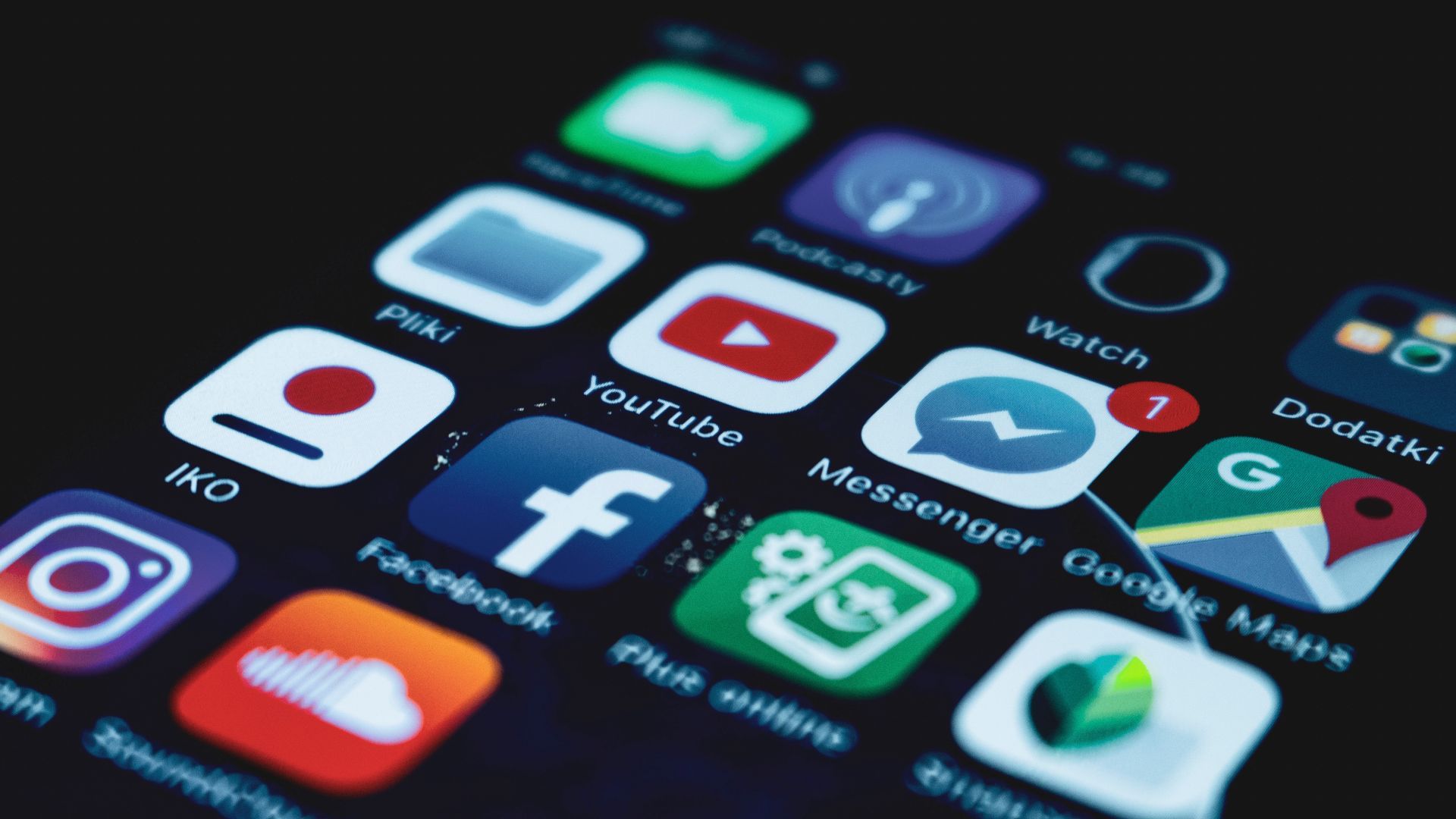
© Image Credit: Technobezz
2. Google Maps Location History
Google Maps stores your location history in your Google Account, not just the app. This creates a detailed map of your movements over time.
Sign in to your Google Account, delete your location history, and turn off location tracking completely. You'll reduce location-based ads and protect your movement privacy.
Visit myactivity.google.com > Location History > Turn off tracking and delete past data
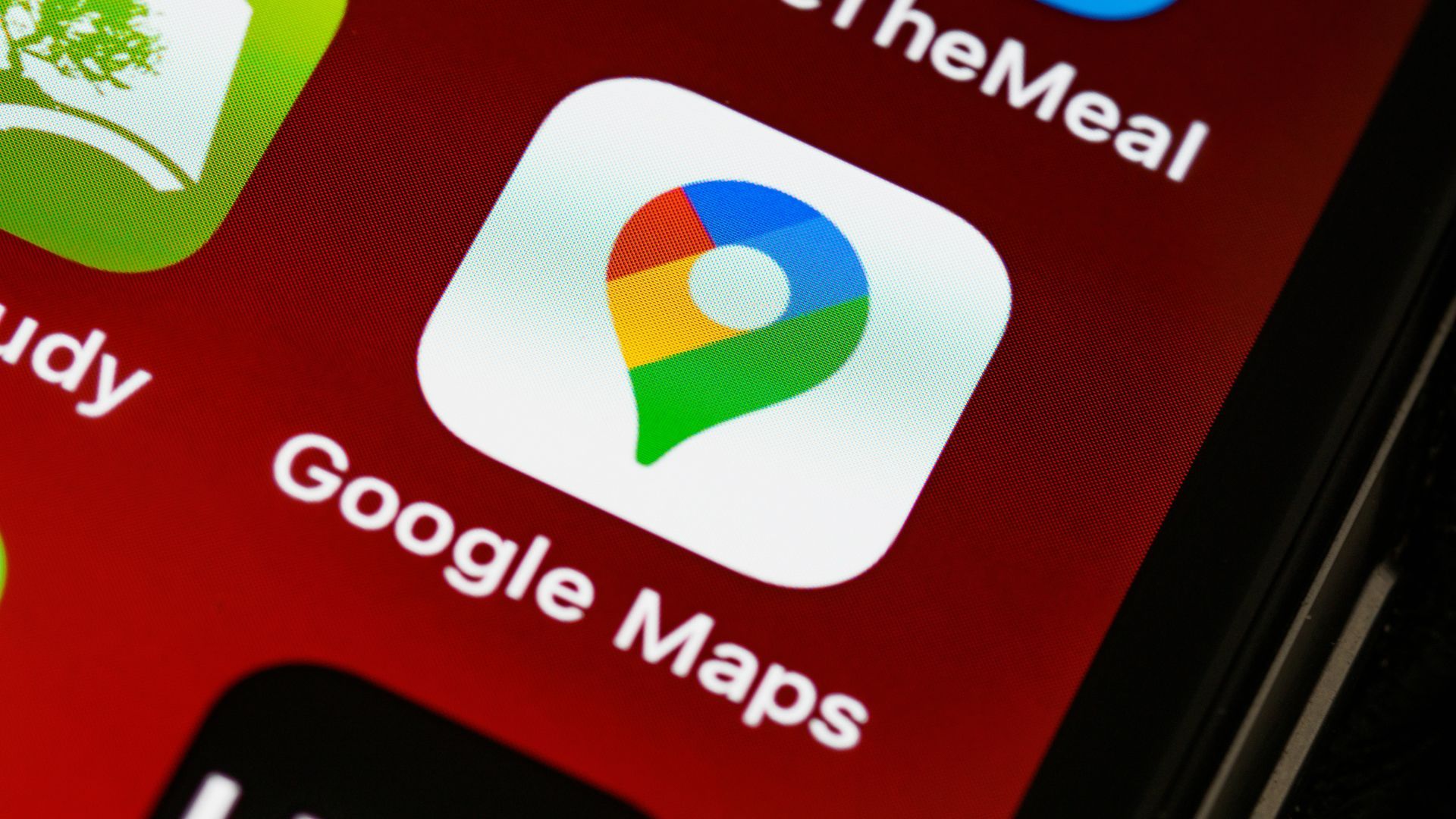
© Image Credit: Technobezz
3. Instagram Data Retention
Instagram keeps your photos, likes, and interaction data even after app deletion. This affects your digital footprint and Meta's user profile about you.
Request your data download, then submit an account deletion request (not just app deletion). Your data will be permanently removed after 30 days.
Settings > Security > Download Data, then permanently delete your account
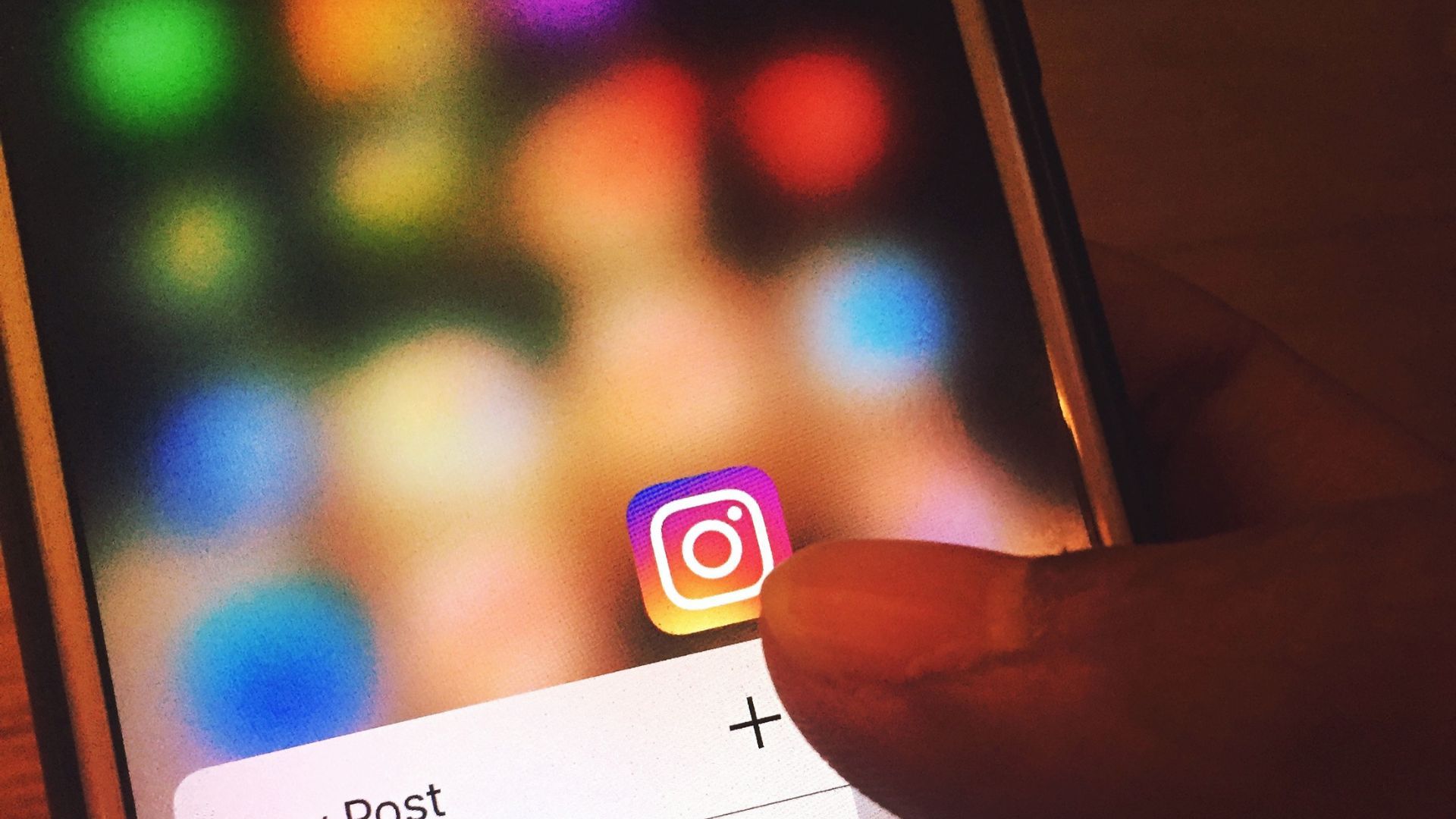
© Image Credit: Technobezz
4. Spotify Listening Habits
Spotify maintains your listening history and preferences on their servers even after deletion. This influences their algorithms and partner marketing.
Contact support to request complete data deletion and revoke third-party access. You'll prevent your listening habits from being used for marketing.
Email privacy@spotify.com requesting complete data deletion including server records
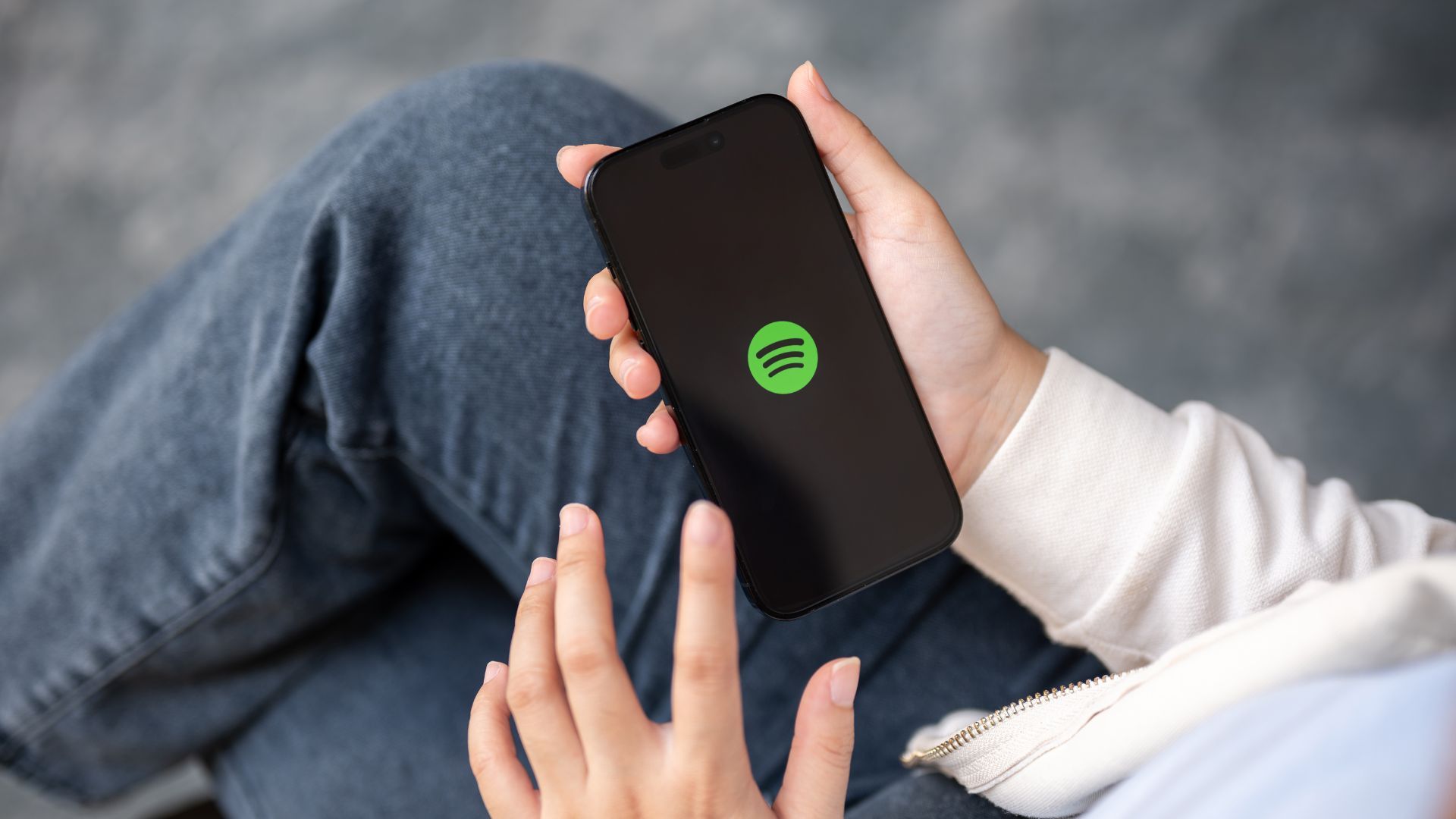
© Image Credit: Technobezz
5. TikTok Data Collection
TikTok continues processing your device and interaction data through tracking pixels after deletion. This affects cross-app tracking and ad targeting.
Use TikTok's Privacy Dashboard to request data deletion and disable personalized ads. This reduces tracking across other apps and websites.
Profile > Menu button at the top, then tap Settings and privacy. > Tap Ads >Tap Clear activity, then tap Confirm.
From a web browser
1. Hover over your profile at the top, then click Settings.
2. Click Ads.
3. Click Clear activity, then click Confirm.
If you enjoyed this guide, follow us for more.
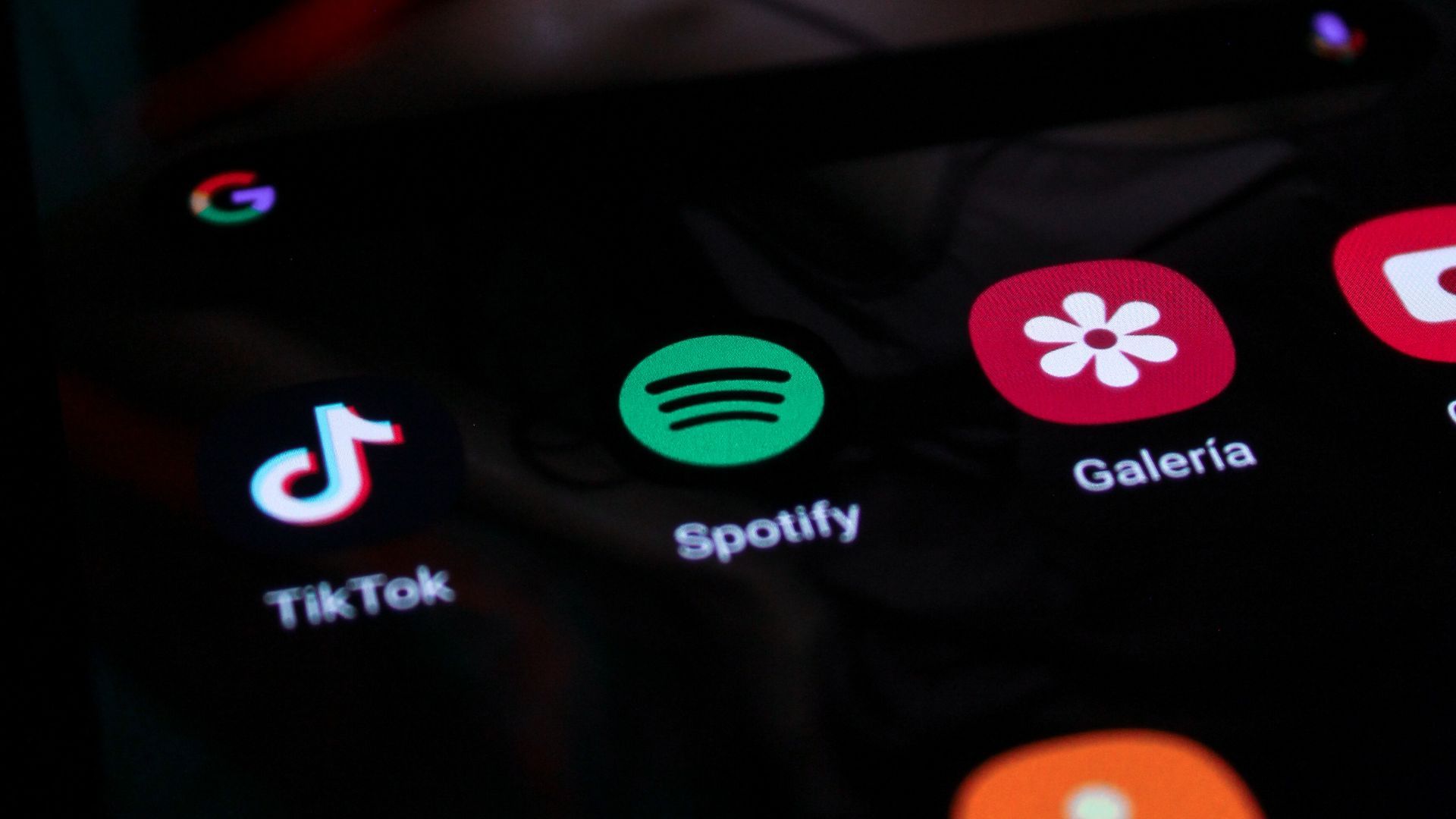
© Image Credit: Technobezz
6. Uber Location Tracking
Uber retains your trip history and location data on their servers even after deletion ( up to 7 years). This creates a record of your travel patterns.
Contact support for complete account deletion and data removal. This prevents your travel history from being stored or analyzed.
Email privacy@uber.com requesting complete trip history and account deletion
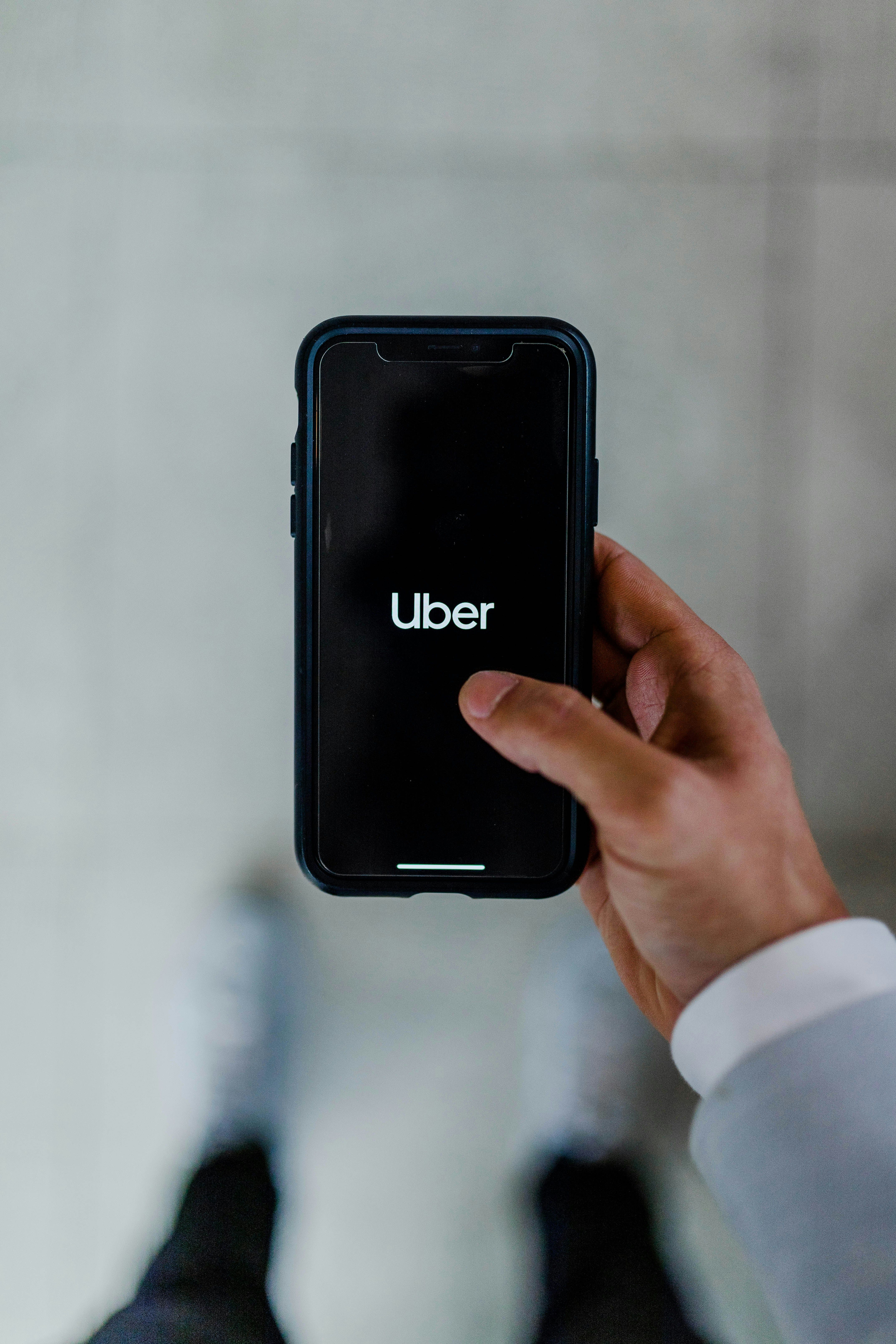
© Image Credit: Austin Distel - Unsplash
7. Weather Apps Data Storage
Weather apps often store location history and device data on external servers. This creates a location tracking profile. Use device-level weather widgets instead of third-party apps. Maintain weather access without sharing continuous location data.
See also - If Any of These 17 Apps Are on Your Phone, Someone Might Be Spying on You
Switch to your phone's built-in weather widget and revoke location access to weather apps
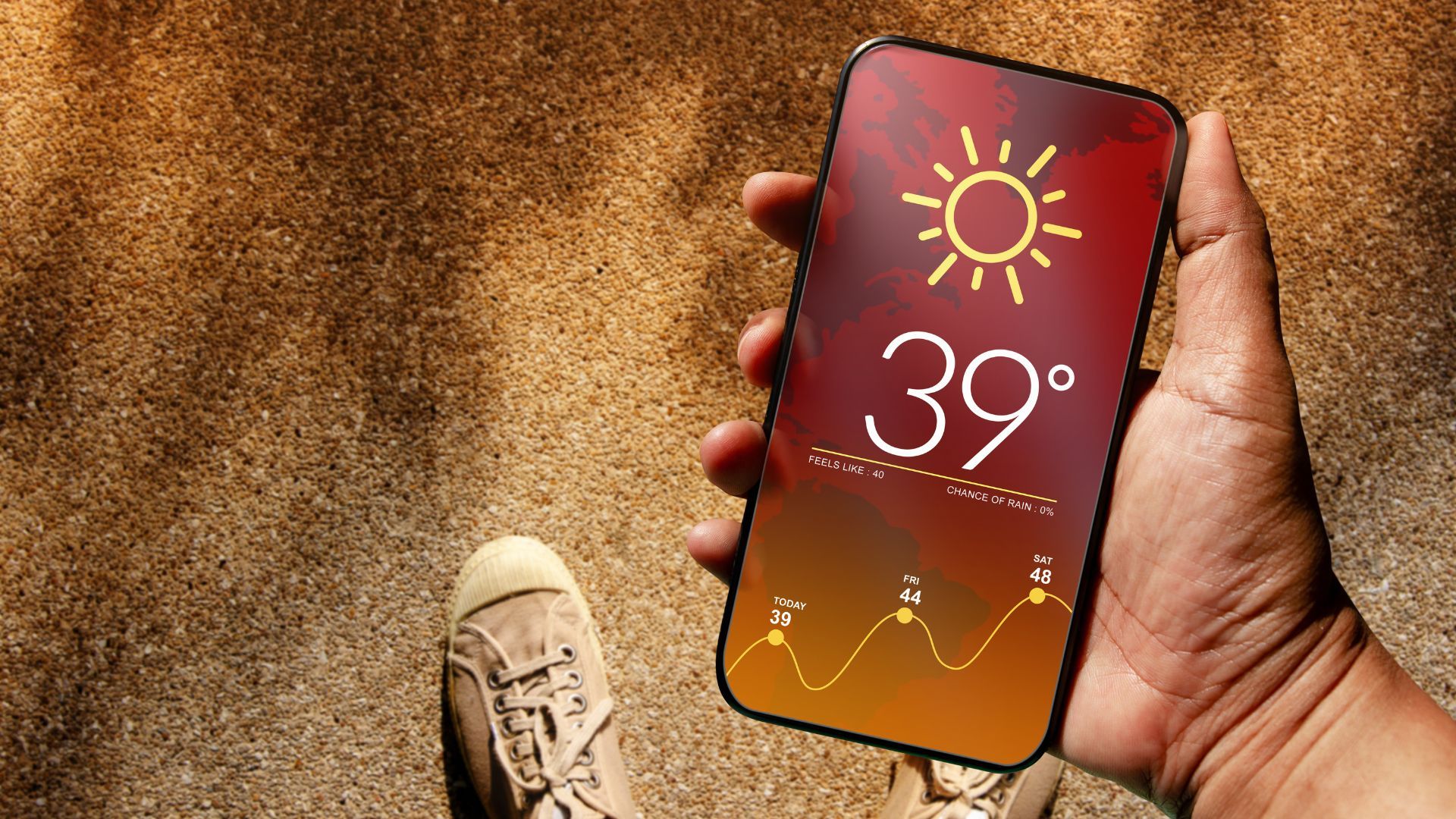
© Image Credit: Technobezz
8. Fitness Apps Health Data
Fitness apps store your health metrics and GPS data on their servers. This creates a detailed health profile.
Export your data first, then request complete account deletion. This maintains your fitness records while removing them from company servers.
Export your fitness data to a spreadsheet, then email support for complete account removal
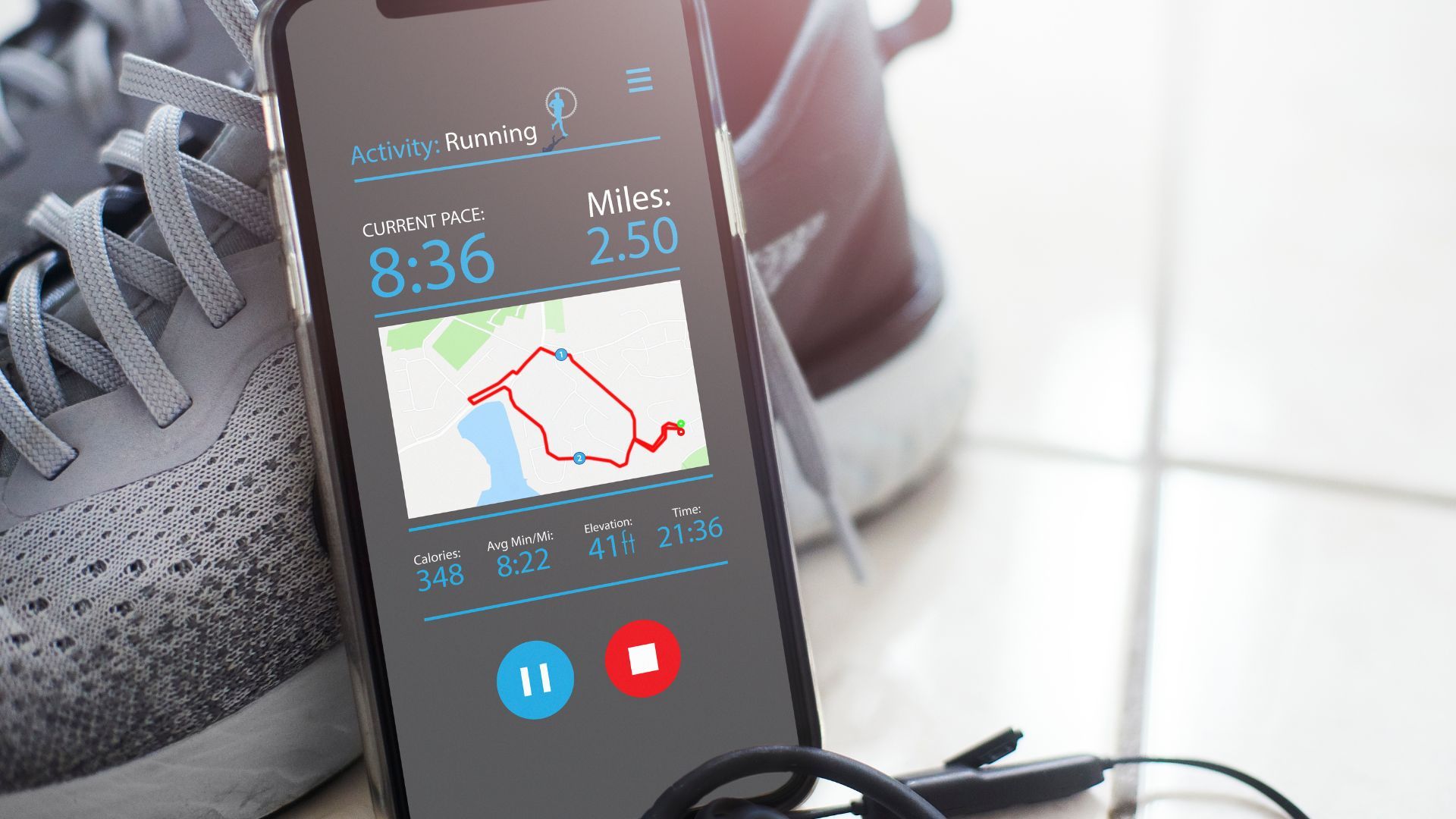
© Image Credit: Technobezz
9. Shopping Apps Purchase History
Shopping apps keep your purchase history and browsing data even after deletion. This affects future marketing and price targeting.
Request GDPR/CCPA data deletion from each company's privacy center. This helps prevent your shopping habits from influencing future prices.
Contact each retailer's privacy team requesting complete purchase history deletion
If you enjoyed this guide, follow us for more.
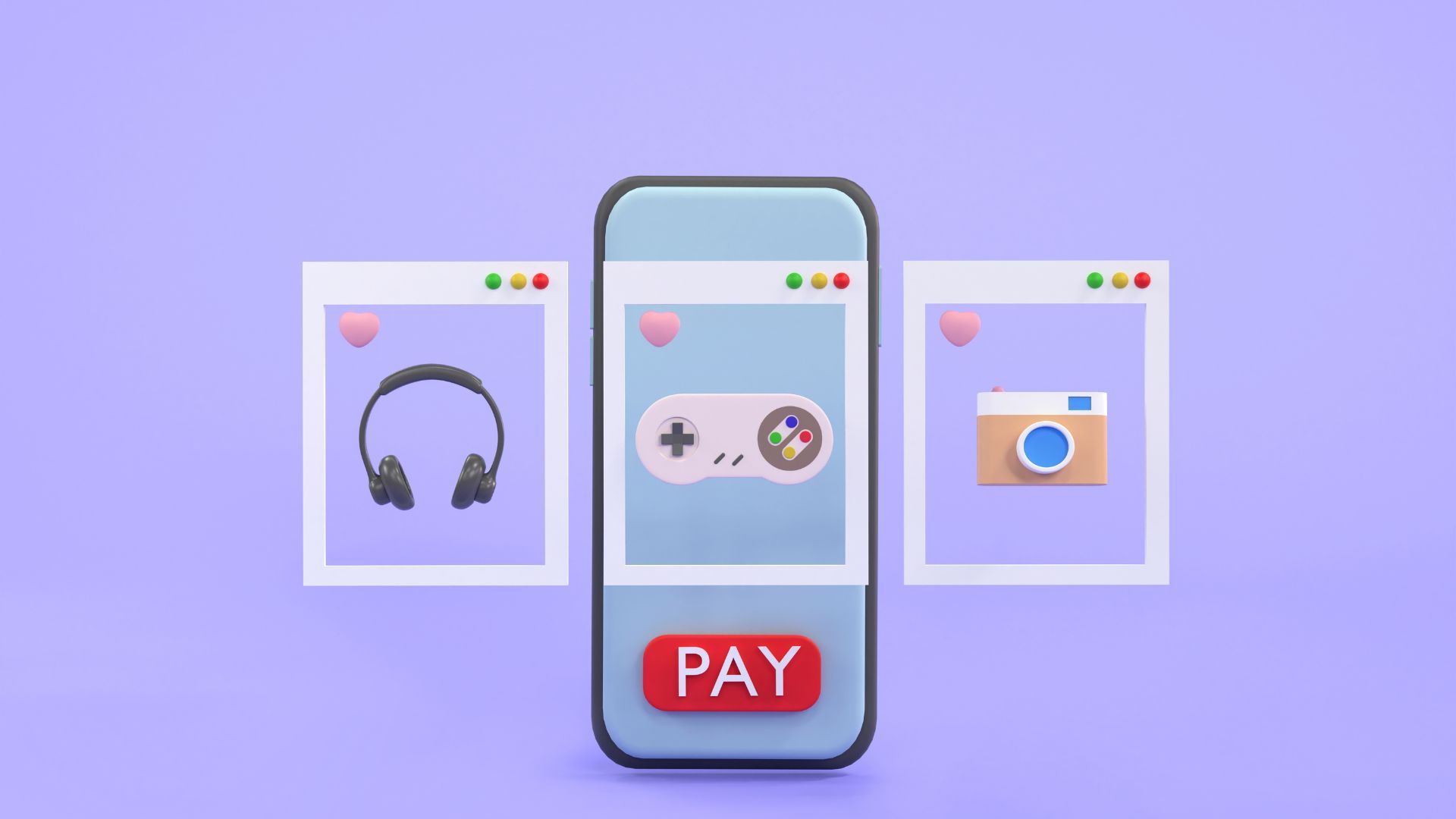
© Image Credit: Technobezz
10. Food Delivery App Data
Delivery apps store your order history and address information on their servers. This creates a permanent record of eating habits and locations.
Request account deletion through customer service, not just by deleting the app. This removes your order history and prevents pattern analysis.
Contact support requesting complete order history and account deletion

© Image Credit: Technobezz
11. Dating App Information
Dating apps retain your photos and chat history on their servers after deletion. This leaves personal information vulnerable. Request complete profile deletion and data removal through support. Ensure your personal information isn't stored or potentially exposed.
Email support requesting complete profile and message history deletion
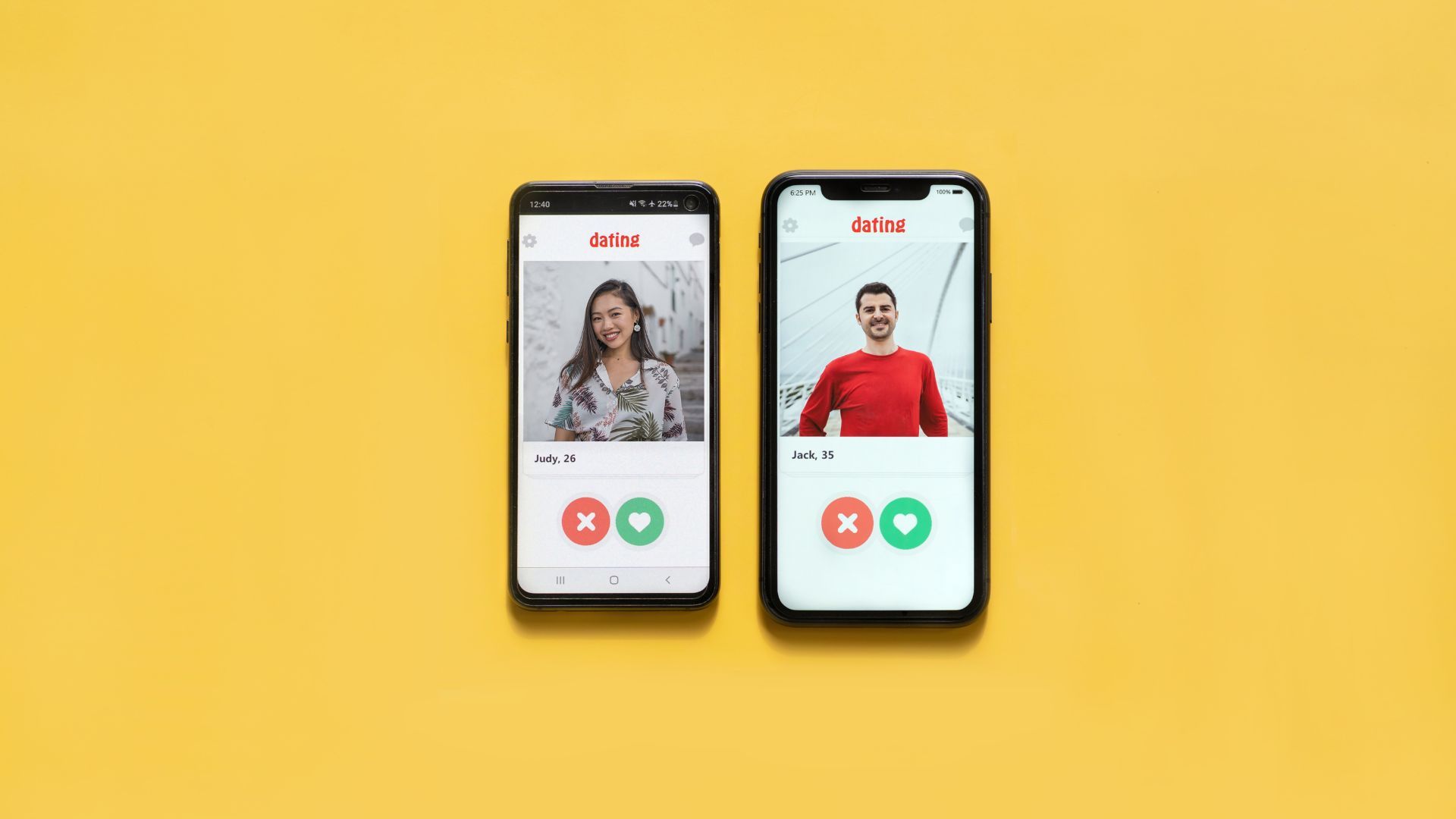
12. Browser Apps Cache Data
Mobile browsers store cached data and browsing history locally on devices. Syncing with cloud accounts can maintain tracking across devices.
Clear browser data, disable sync, and reset advertising identifiers. This helps prevent cross-device tracking and reduces targeted advertising.
Settings > Privacy > Clear browsing data and turn off sync features
If you enjoyed this guide, follow us for more.
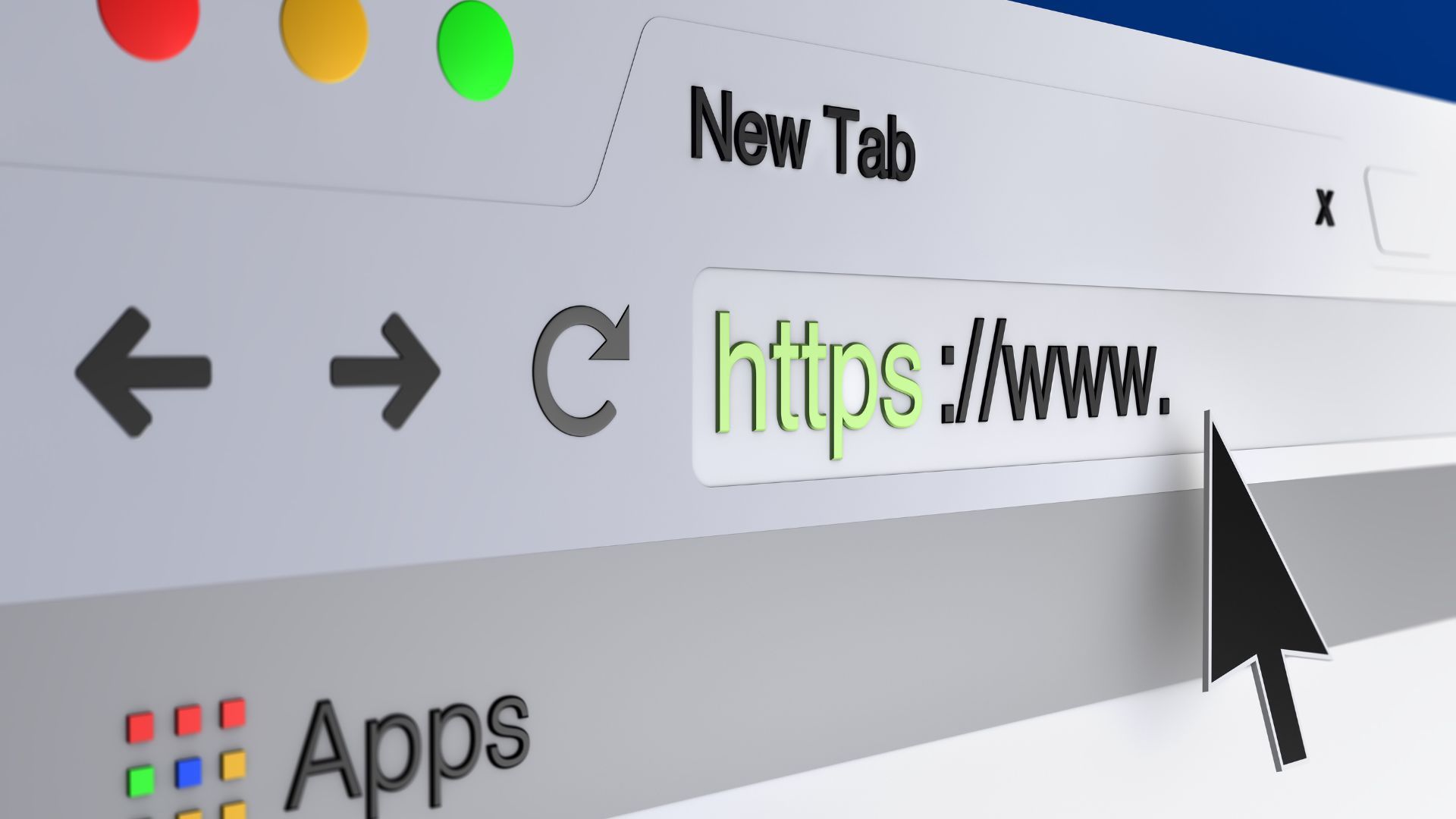
© Image Credit: Technobezz
13. Automated Data Removal
While manual removal works, automated services like Incogni scan and remove your data from over 180 broker databases. This prevents your personal information from being collected and sold without constant manual effort.
If you enjoyed this guide, follow us for more.
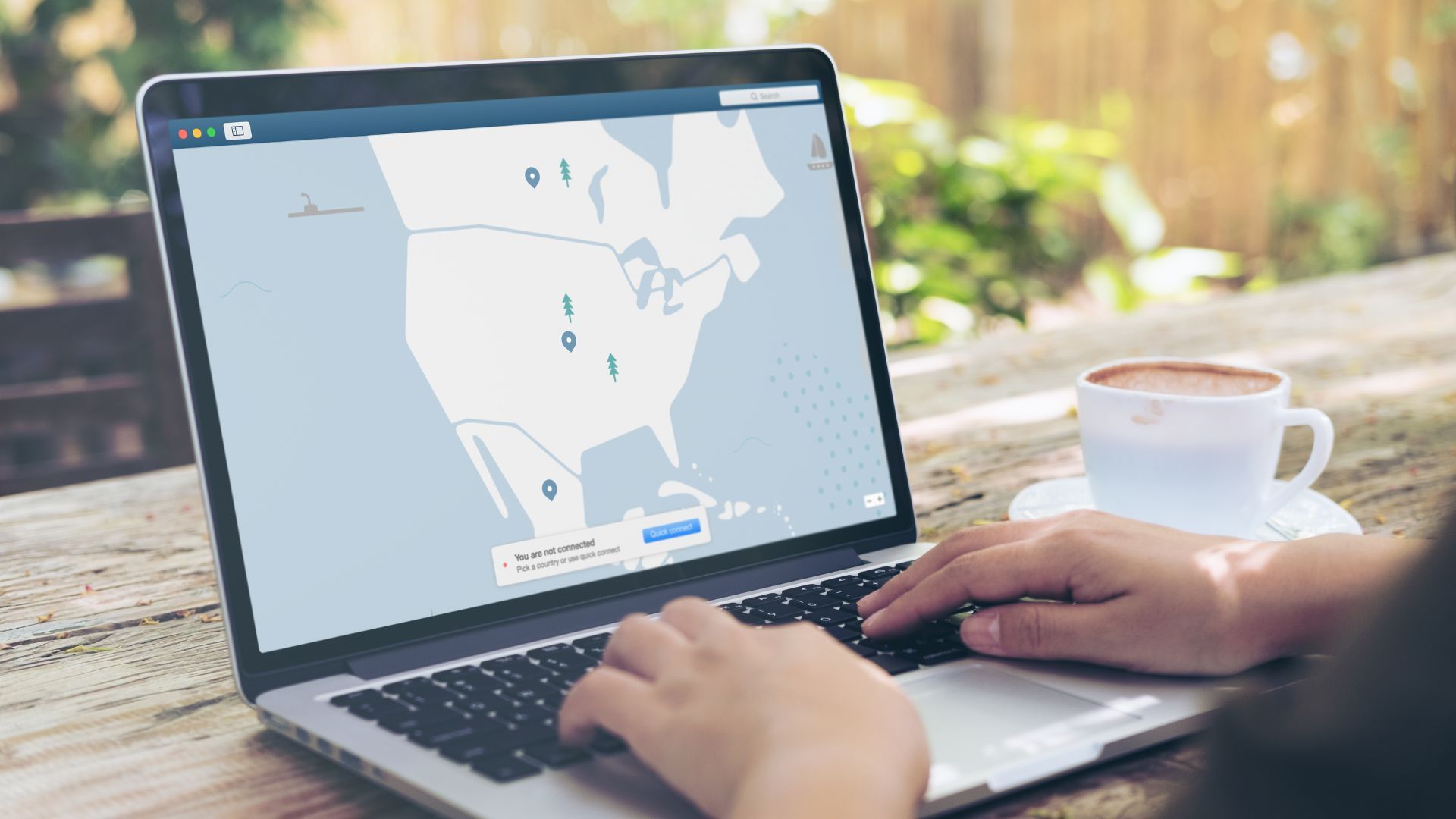
Recent
Highlights

If Your Fridge Has These 7 Smart Features, You're Paying Too Much

7 Ways Hackers Steal Your Data Without Your Password

Never Ignore These Privacy Alerts on Your TV (They're Not a Glitch)
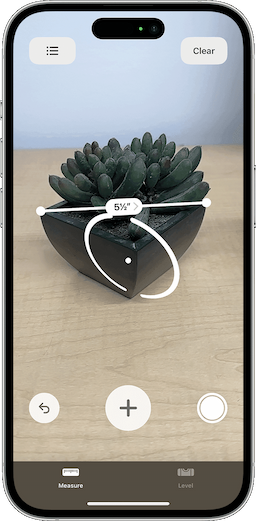
15 Things You Didn't Know Your iPhone Could Do
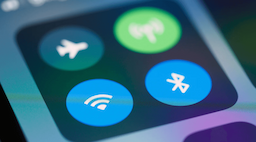
12 Phone Settings That Are Secretly Exposing You to Hackers
